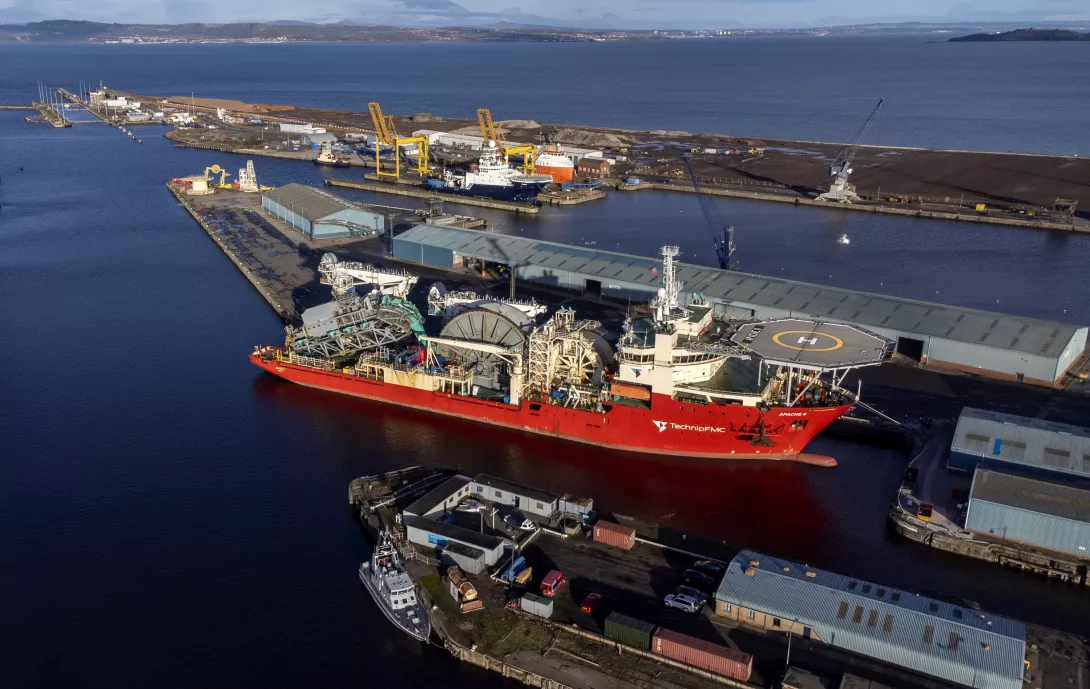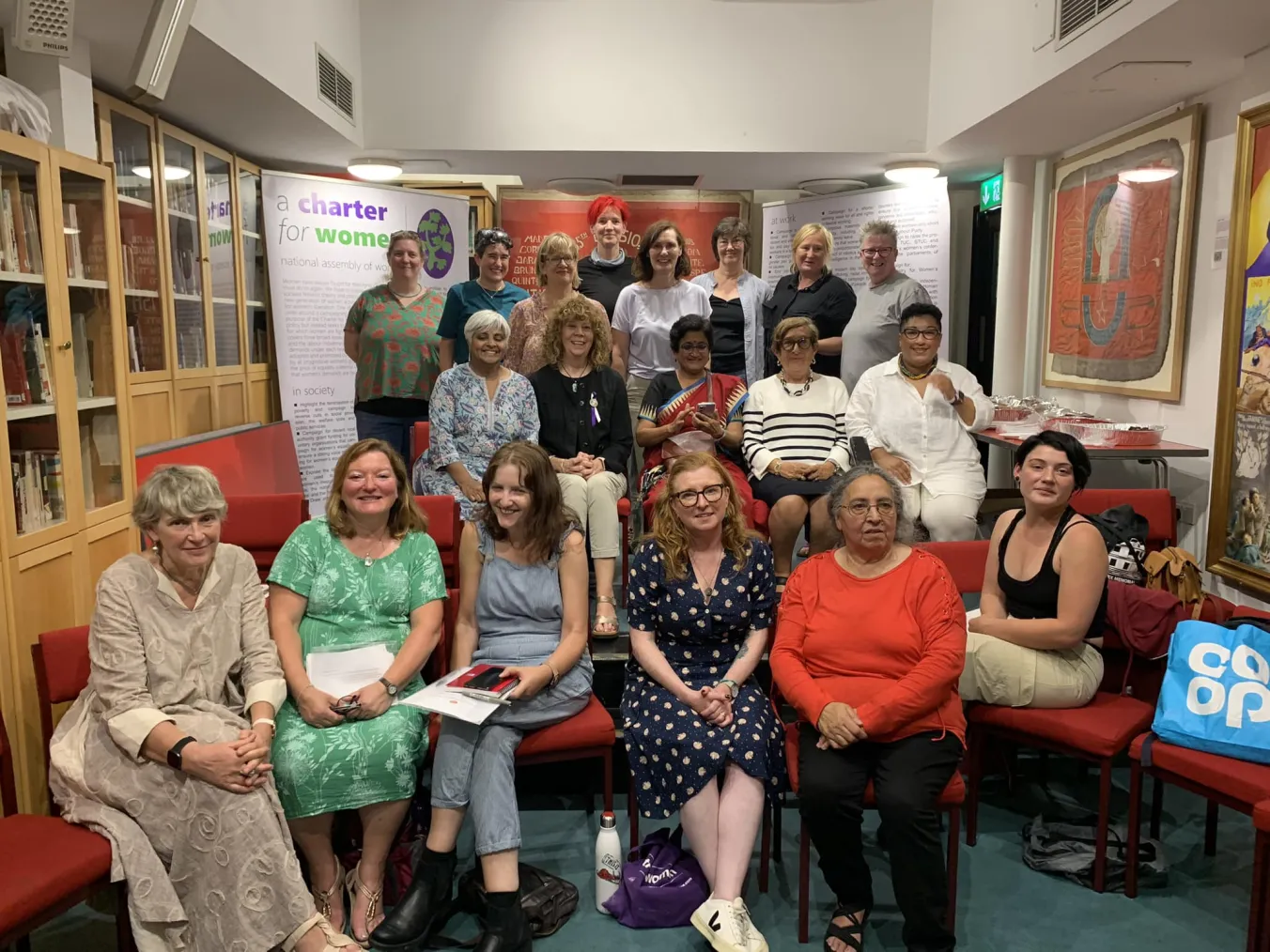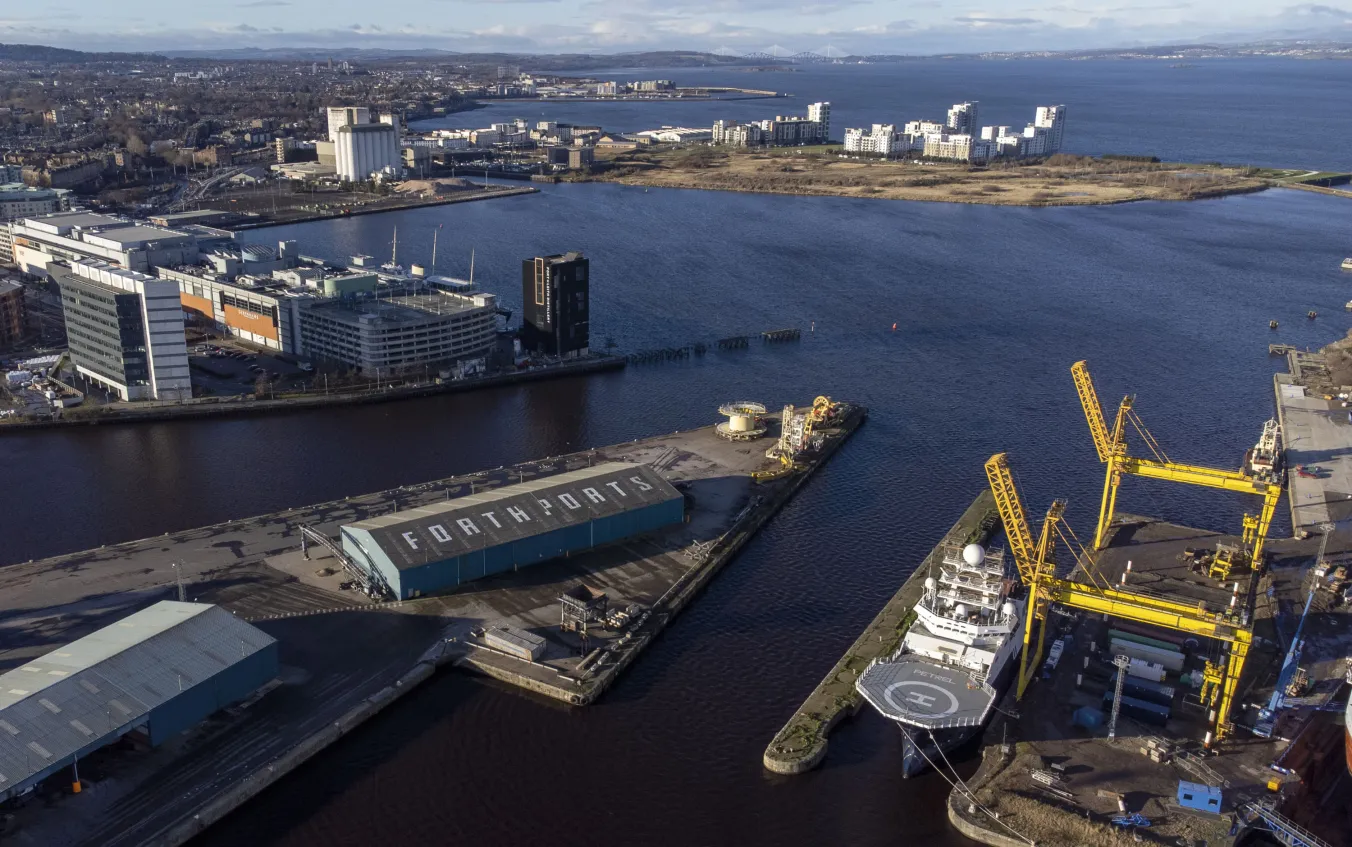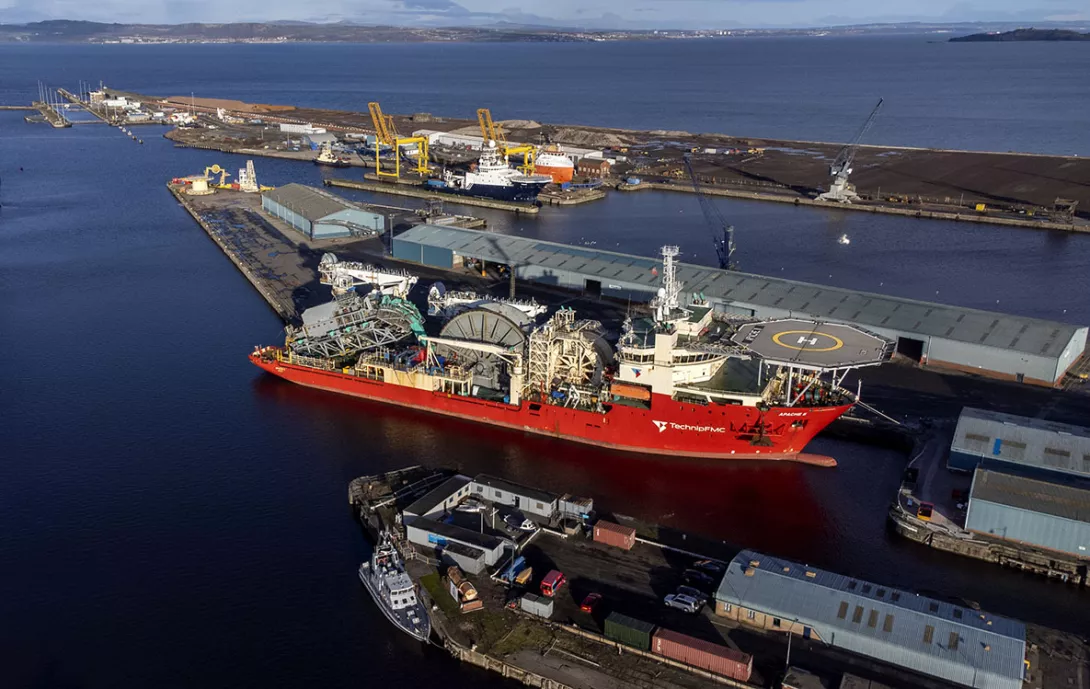
FIRST of all, I would like to wish all Morning Star readers a happy and peaceful new year. With so much unrest and war raging throughout many parts of the world, not least in Palestine and Ukraine, we must always keep in mind how fortunate we are compared to people enduring unbearable pain on a daily basis.
This does not mean here at home however that we are immune from significant challenges. After 14 years of Tory rule, much poverty, hardship and destruction has been unleashed on communities across Scotland and the wider UK.
So, when it comes to policy announcements stemming from the Tories, which at face value appear to be good news, you don’t have to go that deep beneath the surface until you find the major snags. Freeports — or as they are to be named in Scotland, greenports — are perhaps the primary example of more bad news for workers underneath the veneer of job creation.
In July 2023 at Unite’s policy conference, my union debated the myriad of problems associated with freeports. Our conference passed a motion arguing “freeports have been set up to help government with [its] programme of slashing regulation in its post-Brexit dogma.” There is no doubt that the freeports model is a Trojan horse for slashing the minimal employment protections which we have left in Britain.
Around this time last year, it was also announced jointly by the UK and Scottish governments that there were two successful bids to create such port zones in Scotland. Those being Forth Ports’ Firth of Forth bid, which covers Edinburgh airport, Grangemouth, Leith and Rosyth, and the Cromarty Firth bid in the Highlands. It is estimated the zones will create up to 75,000 jobs.
The Scottish government said at the time that greenports will adhere to “fair work practices” and will “uphold the highest environmental protections.”
However, when Unite met Scottish government ministers following the announcement to raise our concerns, it soon became clear that despite the differently branded model in Scotland, the same issues as experienced in England will be just as real for Scottish-based workers.
The Scottish government was forced to acknowledge that it had next to no legal powers to enforce the Real Living Wage in the zones or to enable access for trade unions to collectively bargain on behalf of the workers. With a nudge and a wink, they basically said “trust us” to do it differently from England. That simply isn’t good enough for Unite.
The “trust us” approach in Scotland just doesn’t work — and it never has. In 2020, the short-lived Scottish Business Pledge only had 722 businesses signed up, representing just 0.4 per cent of the nation’s registered business base. This is probably the reason for the initiative being quickly closed. Clearly, employers do not voluntarily sign up to the values of fairness, equality and sustainable employment.
There is mounting evidence that the freeports model doesn’t create new economic activity but rather it relocates existing work from other areas due to the promise of tax breaks. Moving economic activity from one place to another with a vastly reduced tax base also comes at a cost to the taxpayer.
Why do we believe this? It’s because businesses are naturally attracted to cutting corners and costs, and workers’ pay, terms and conditions are often the first to be hit. The opportunity to benefit from tax relief on business rates, the land and building transaction (LBTT) tax, and employer National Insurance contributions will be too hard for them to resist.
Unite is therefore asking politicians what will be the cost to workers, local businesses and communities? And we need answers on that before we plunge head-long into another failed government initiative.
There must be due diligence on every single contract awarded to companies within the greenport zones to ensure that they abide by Fair Work principles, not just in words, but in actions.
The zones must not be used as a way to attack workers’ rights, or to be a mechanism which allows the undercutting of terms, pay and conditions. The evidence to date is far from encouraging.
We have the benefit of history behind our concerns, with the previous attempts at a similar concept in the ’80s and ’90s — namely “enterprise zones.” No net job creation actually took place and job displacement became the norm.
Instead of freeport zones delivering on the so-called “levelling-up” mantra espoused by Tory politicians, we are in fact well down the road in laying the building blocks for an employer free-for-all. A high road which leads to a place where no new added value is created but where any wealth generated is transferred to profiteering business interests — and then most probably quickly shipped to some offshore tax haven.
We are under no illusions that in Scotland we may well be on a different and lower road with greenports but it’s one which leads to the same unwelcome place.
That’s why Unite in Scotland will be making the major problems which we believe surround the creation of greenports one of our industrial and political priorities in 2024. For us, trust can only be established when we see clauses put into contracts. Simply put: words from Scottish government ministers are no longer good enough — if they ever were.
Derek Thomson is Unite Scottish secretary.














